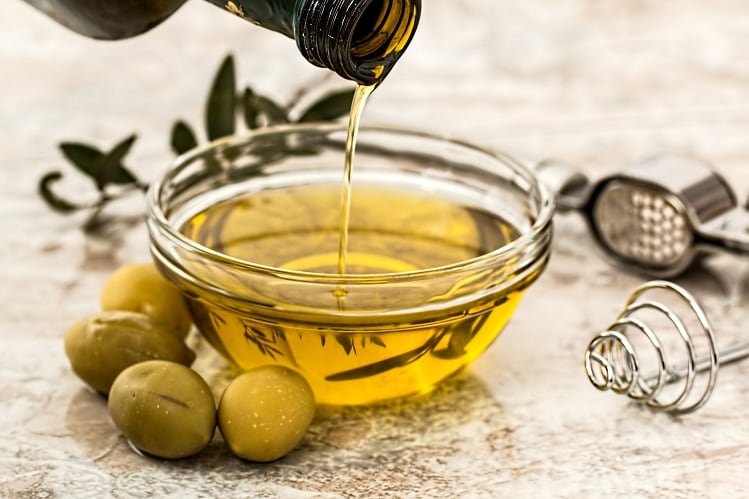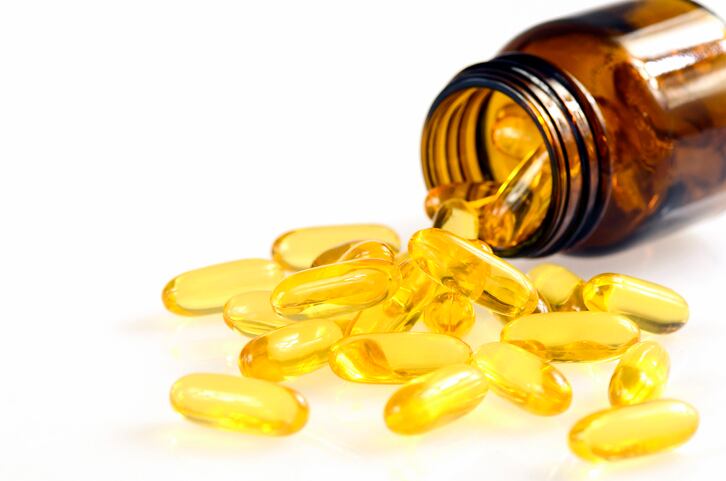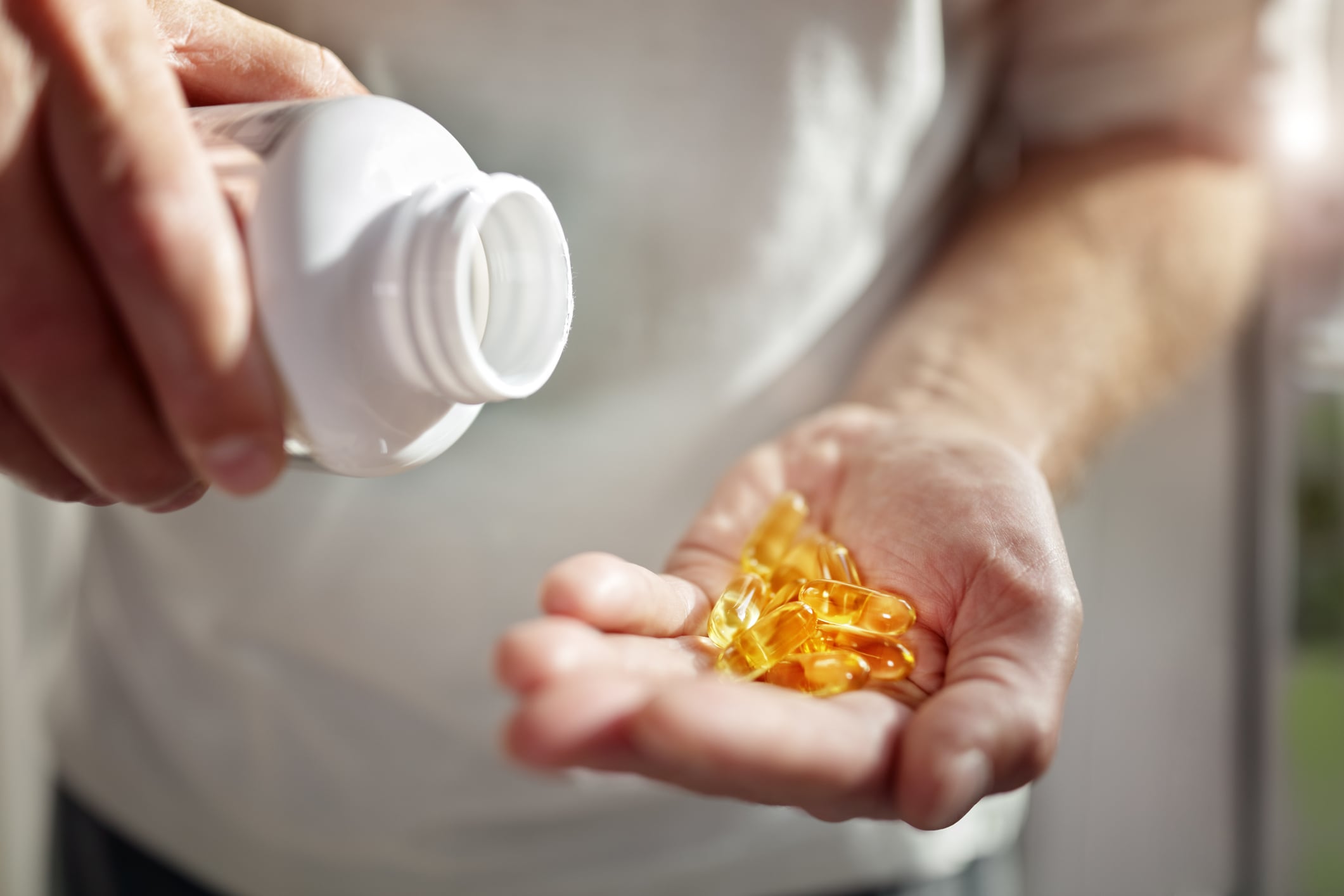The researchers found that hypertensive rats fed the enriched extra virgin olive oil had decreased systolic blood pressure and cardiac hypertrophy compared to the other rats.
Additionally, the rats that supplemented with enriched olive oil also exhibited reduced plasma levels of Angiotensin II and total cholesterol, suggesting that the ingredient may be an effective tool for reducing blood pressure and cholesterol levels, the researchers argued.
The enriched olive oil used in the study contained 750 mg/kg of phenolic compounds compared to traditional olive oil, also used in the study as a control, which only contained 17.6 mg/kg of phenolic compounds.
Potential benefits in vasodilation (expansion of blood vessels) were linked to both the enriched and traditional olive oils, while the other cardioprotective benefits were more pronounced in rats that consumed the enriched variety.
“Therefore, the addition of an enriched EVOO to the diet may be a useful tool against high blood pressure and plasma cholesterol levels, which are two risk factors for cardiovascular diseases,” they argued.
Results from the study, which was funded by Spain’s Ministry of Economy using an ‘Industry and Competitiveness of Spain’ grant, were recently published in the journal Nutrients.
Study details
The researchers observed 30 rats induced with hypertension, dividing them into three experimental groups. One group received daily supplementation of 1 mL of the experimental functional olive oil, the second group received 1 mL of the control oil, while the third group received only 1 mL of water.
Rats had free access to food and water. Systolic blood pressure and body weight were measured weekly during the course of the experiment.
At the beginning of the study, every two weeks, and at the end of the eight-weeks intervention, rats were placed in metabolic cages, where food and water intake were monitored and urine collected.
After eight weeks, rats were anesthetized, after which the researchers conducted several blood analyses.
Source: Nutrients
Published online, https://doi.org/10.3390/nu11081728
Cardioprotective Effect of a Virgin Olive Oil Enriched with Bioactive Compounds in Spontaneously Hypertensive Rats
Authors: Alejandra Vazquez, et al.




